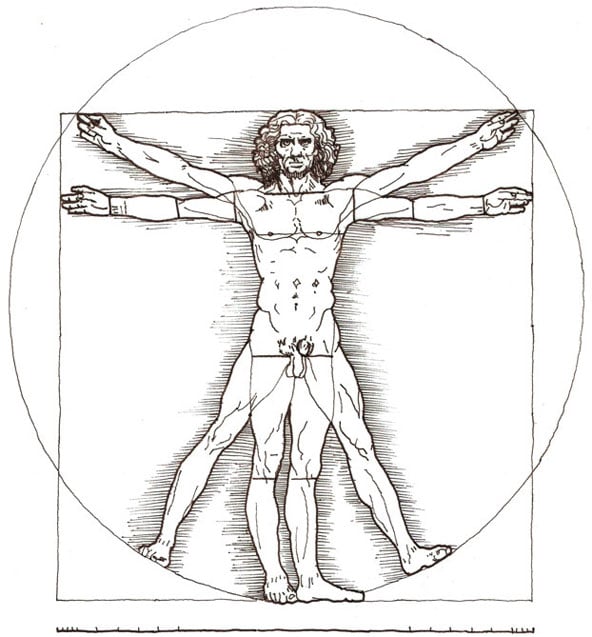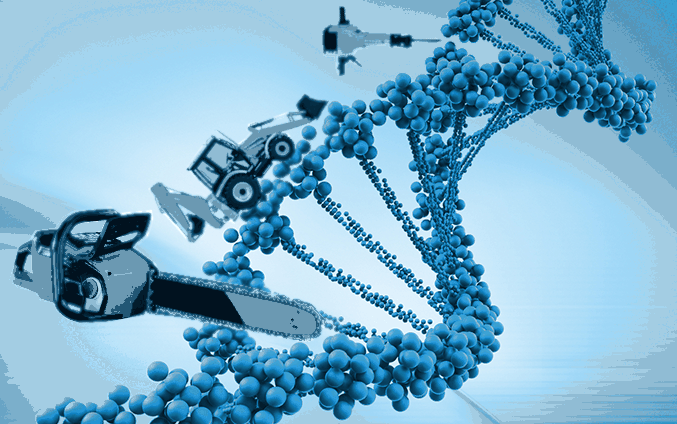My wife put her studies on hold while I completed my PhD in cancer biology to take care of our son, but is now on the verge of getting her art history degree! One of her current classes is discussing the role of technology in art, and she stumbled across this older article that addresses the field of "bio-art," or art that represents a crossover between art and the biological sciences. I never really considered this as a contemporary art form, but I guess, separate from the illustrators or photographers who produce content for textbooks and science magazines, as well as the graphic designers who make the signal transduction diagrams and informational graphics for our references, bioscience has advanced to a point where we can manipulate cells in culture and living organisms to produce works of art that could be easily recognizable or more abstract. Since we are talking about living tissues being employed in the display of art, there are ethical considerations in play that we will explore in this article.
Everywhere I've been in school or at work, there has been at least one session about ethics, whether it was a semester long course, a small retreat, or just a statement in passing for the company to cover their legal obligations. I'd like to think of myself as someone who wants the best for everyone he encounters, and try to live my life based on acceptance and collaboration so we can achieve common goals for the greater good. Because people come from diverse backgrounds with different upbringings, it is hard to distill ethics and values into a simple set of parameters, but I also think that in general, most people know what is right and what is wrong.
Towards the end of my doctoral research, I first heard the rumblings of an acronym termed “CRISPR” that was starting to gather momentum. By the time I earned my doctorate, the applications that were discussed in both theory and in practice accelerated to the point that, while I didn’t fully understand the mechanism of the factors involved, I was certain that the discovery and re-engineering of this prokaryotic phenomenon would eventually be recognized with a Nobel Prize. Less than a decade after their first publications on the topic, 1, 2 Emmanuelle Charpentier and Jennifer Doudna were awarded the Nobel Prize in Chemistry “for the development of a method for genome editing,” which sounds a lot less important than it actually is!






